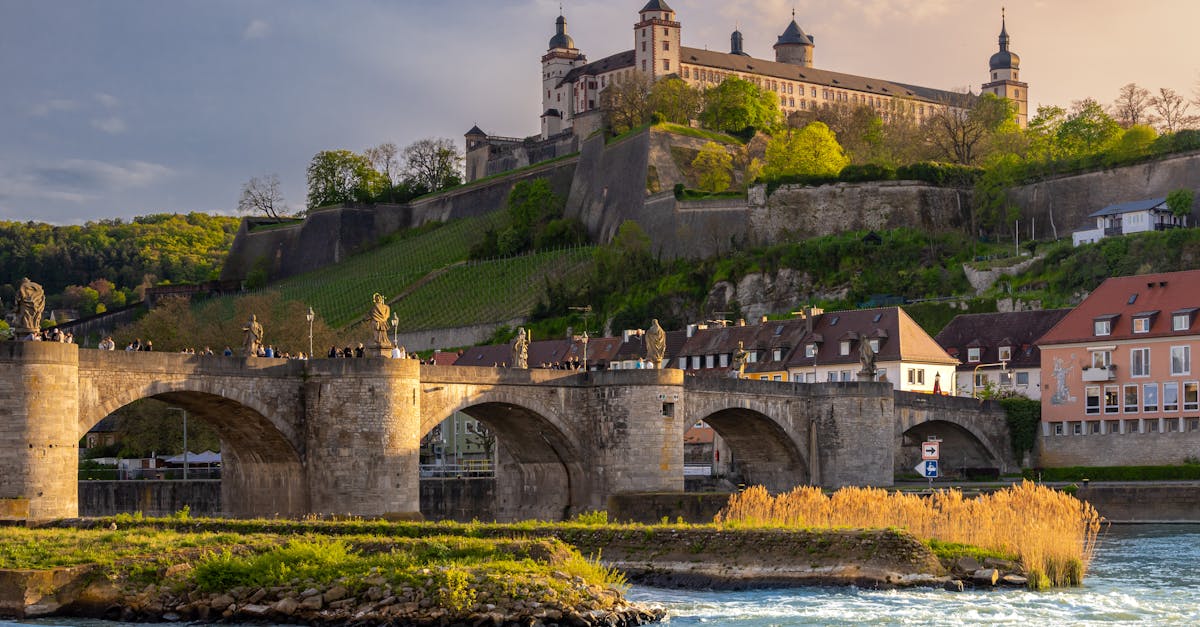
Table Of Contents
Transport and Accessibility
Corowa is well-serviced by a network of roads, making it accessible by car from nearby towns and cities. The nearby Hume Highway connects the town to larger centres, facilitating travel for residents and visitors alike. Local bus services provide additional options for those who prefer not to drive. These transport services play a crucial role in ensuring that residents can efficiently reach essential amenities and services.
For those who wish to explore the area without a personal vehicle, options are available. Bicycle paths and walking tracks encourage active transport, promoting a healthy lifestyle and reducing reliance on cars. The town’s layout supports pedestrian movement, with convenient access to shops, parks, and recreational facilities. Public transport is limited, but the community is generally compact, enhancing accessibility for everyone.
Getting Around Corowa
Corowa features a network of well-maintained roads that facilitate easy travel both within the town and to surrounding areas. Public transport options are limited, but local buses connect residents to nearby towns, while cycling and walking paths encourage a more active lifestyle. The compact size of Corowa makes it convenient for residents to navigate on foot, and the scenic views add to the overall experience of moving through the town.
For those who prefer to drive, the major highways nearby ensure efficient access to larger cities such as Albury and Wodonga. Parking facilities are generally available in the town centre, providing hassle-free access to cafes, shops and local attractions. While the reliance on personal vehicles remains significant, residents appreciate the peaceful atmosphere and slower pace of life that Corowa has to offer.
Education and Employment
Corowa offers a range of educational institutions catering to various age groups. Local schools provide foundational education while promoting community engagement. The emphasis on quality teaching helps students build essential skills. Additionally, the presence of nearby vocational education facilities supports those aiming to enter specific trades or industries.
Employment opportunities in Corowa are shaped by the town's agricultural base and growing tourism sector. Many residents find work in vineyards and farms that leverage the region's rich soil and climate. Other job prospects arise within retail and service industries, benefiting from the influx of visitors. Local businesses often seek to hire from the community, fostering a supportive economic environment.
Local Schools and Job Opportunities
Families in Corowa benefit from access to essential educational facilities catering to students of all ages. The town boasts primary and secondary schools focused on providing a comprehensive curriculum. Local educational institutions aim to create a supportive learning environment. Additionally, Corowa has a few childcare services, ensuring that younger children receive quality care and early education.
Employment opportunities in Corowa reflect the region's agricultural roots and its growing economic sectors. Many locals find work within the wine industry, which plays a significant role in the area's job market. Other prominent sectors include retail, hospitality, and healthcare. The presence of local businesses contributes to a diverse employment landscape, making it a favourable environment for job seekers.
Wine and Agriculture
The landscape surrounding Corowa is characterized by rich agricultural activity, with a strong focus on viticulture. The region’s climate and fertile soil create ideal conditions for growing a variety of grapes. Many local vineyards produce wines that reflect the unique terroir of the area, attracting both connoisseurs and casual wine drinkers alike. The annual food and wine festivals offer a taste of what Corowa has to offer, showcasing both local produce and wines from surrounding wineries.
In addition to vineyards, the agriculture sector in Corowa includes a mix of crops and livestock. Farmers in the area are engaged in the production of fruit, vegetables, and grains, contributing to the broader agricultural economy of New South Wales. This diversity supports local businesses and provides a range of fresh produce for residents and visitors. The region's commitment to sustainable farming practices also plays an important role in its agricultural identity, ensuring that the land remains fertile for future generations.
The Region’s Viticulture
The local landscape around Corowa is known for its rich agricultural practices, particularly in viticulture. The region enjoys a Mediterranean climate, which provides ideal conditions for grape growing. Numerous vineyards dot the countryside, cultivating a variety of wines that range from robust reds to refreshing whites. This diversity not only boosts the local economy but also places Corowa on the map for wine enthusiasts looking to explore the offerings from the area.
Many vineyards welcome visitors for tastings and tours, allowing a deeper appreciation of the winemaking process. The combination of picturesque scenery and quality produce makes wine tourism a significant attraction. Local events, such as wine festivals, highlight regional products and foster community engagement. Growing interest in sustainable practices among vintners promises to further enhance the reputation of Corowa's viticulture in the years to come.
FAQS
What transport options are available in Corowa?
Corowa offers various transport options, including buses that connect with nearby towns, and local taxi services. For those travelling longer distances, the nearest major train stations are in Albury and Wangaratta.
Are there any local schools in Corowa?
Yes, Corowa has several local schools, including primary and secondary institutions. Families can choose from public primary schools, a public high school, and private school options within the region.
What job opportunities are available in Corowa?
Corowa offers a range of job opportunities, particularly in agriculture, retail, education, and health services. The local economy benefits from both small businesses and larger employers within these sectors.
What is the significance of viticulture in Corowa?
Viticulture is a significant aspect of Corowa's economy, with numerous vineyards and wineries in the region. The area's climate and soil conditions create ideal growing conditions for a variety of grapes, contributing to local wine production.
Can visitors participate in wine tours in the Corowa region?
Yes, visitors to Corowa can participate in wine tours which showcase the local wineries and vineyards. Many tours offer tastings and insights into the wine-making process, making it a popular activity for tourists.